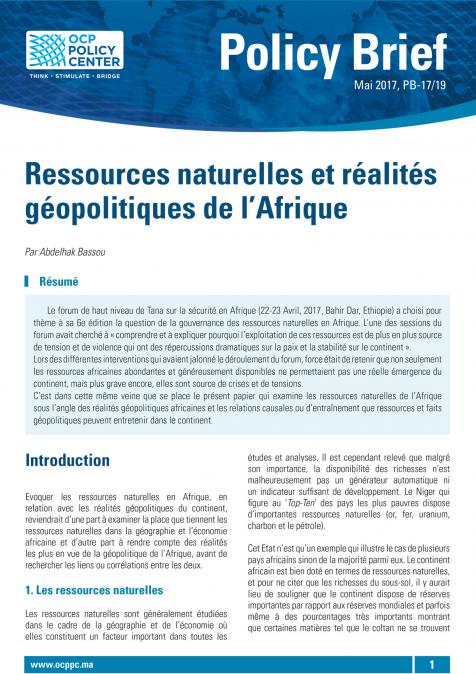Podcasts
Tunisia's Economic and Political Challenges in 2016
11
October
2016
Related topics:
This podcast is performed by Francis Ghilès. Tunisia is facing a year of great uncertainty as fighting rages in the ruling Nida Tunes Party and the En-Nahda Islamist Party finds itself in the curious position, as a junior member of the government led by habib Essid of hoping Nida Tunes holds together. Economic growth is very weak and the country's debt level is rising. The tourist sector has been badly damaged by the terrorist attacks earlier this year and phosphate production remains at a third of its pre-revolution level.








